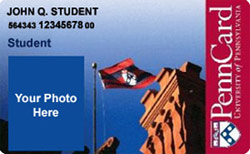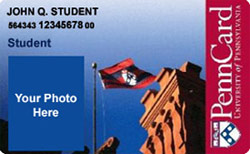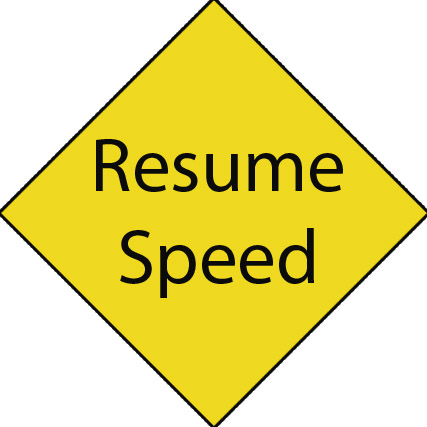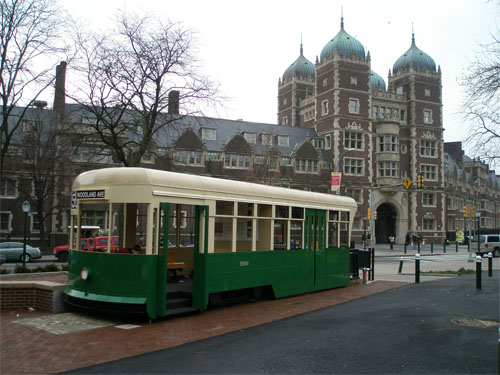Dr. Joseph Barber
My wife is having a baby. Well…, not right now obviously. I’m not one to “tweet” about the immediate goings-on in my life, as it is hard enough for me to keep track of them, let alone update other people. So…, my wife is going to have a baby in early spring. This is a fact that is now obvious if you see her, but was not, until recently, apparent to my colleagues at Career Services who had not seen her, and did not know her. It was a fact that I had not shared, for no other reason than it had not really come up in conversation.
“Yes, we have three speakers confirmed for the “Expanded Career Opportunities for Science and Engineering PhDs” panel discussion scheduled for the 30th November. Unlike my wife, none of them appear to be pregnant”
The proverbial cat was let out of the bag when my wife came to speak at the “Expanded Career Opportunities for PhDs in the Humanities and Social Sciences” panel discussion put on by one of my colleagues at Career Services. My wife has a PhD in anthropology and now works as an Executive Director of a non-profit organization here in Philadelphia. As soon as that cat was unleashed from its bag, it ran around the Career Services office with frightening, supersonic speed. My colleagues both congratulated me and then chastised me for not sharing this exciting news earlier. I only started at Career Services in September, and so perhaps I can use this fact as a partial excuse.
You can probably see where I am going to go with this. It is easy enough for me to (unintentionally) conceal the fact that my wife is pregnant, and despite the many adventures that March will bring (caring for a baby is much like taking care of cats, right?), I can continue to turn up each day and do my work without too much trouble. If I were applying for a job, would my wife’s pregnancy be something I would share? Probably not, unless it just came up in casual conversation, perhaps with an interviewer who had also recently had a child. Building some common ground with future colleagues is not necessarily a bad idea. Would employers care if my wife was having a baby? Well, some employers might see this as a positive, because if I got the job, I would probably work hard to keep it and the necessary benefits that came along with it.
Understanding the culture of the organizations you are applying to will be important in terms of how much information you might be willing to share. Some places are likely to be more “baby-friendly” than others. Taking the opportunity to conduct informational interviews with someone from the organization might help you find out more about this culture, and give you a better perspective. You should also find out about Family and Medical Leave benefits that employers might offer for fathers and mothers.
But what if I was a woman…, or perhaps less confusingly, what if my wife was applying for jobs while pregnant? Should she talk about babies, family, personal goals, or any of that? In general terms, if she were not showing, then she wouldn’t have to say anything about being pregnant. The same is true during phone interviews where there are no visual clues. Being pregnant does not prevent anyone from using their academic and work-based skills in the jobs they are applying to, whether these are academic or non-academic careers. When it is obvious that you are pregnant, you should probably make mention of it, even though you are generally not required to do so during interviews. Most employers are legally bound not to ask you about personal matters like this as part of interviews (or to discriminate against you for being pregnant), but the topic of families might come up if your interviews have some social element associated with them (e.g., a 2-day campus interview for a faculty position with lunches, dinners, or other social gatherings). If it is obvious you are pregnant, it is best to address it head-on, and address it confidently.

Being pregnant provides you with an opportunity to illustrate some key skills, and show your understanding of the requirements of the job. For example, if you have thought about how you intend to rear a child and work full//part-time at the organization you are applying to, and can present your proposed approach coherently to employers, you are showing an ability to plan and organize your time effectively, and to use a little creative problem-solving to do so. For example, for academic jobs you might be able to have your classes organized ahead of time, or be able to convert them into hybrid/blended courses (part face-to-face, part on-line) prior to the start of the semester. But interviews should not get side-tracked by your pregnancy; you need to make sure that the focus remains on your teaching and research skills for academic jobs, and your relevant transferable skills (e.g., leadership, team-work, communication) for jobs outside of academia. You need to stick in your interviewers’ heads as an outstanding candidate, not as a pregnant candidate.
You can learn more about pregnancy and its relation to academic job searching, and non-academic job searching, by following these links. Wish me luck for the spring, because there is no doubt in my mind that I will need it – lots and lots of it – especially as I have just been told that looking after a baby is absolutely not the same as looking after cats.









